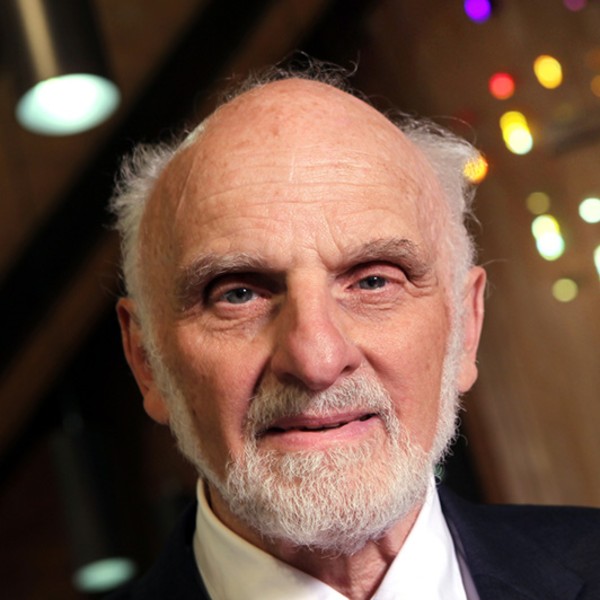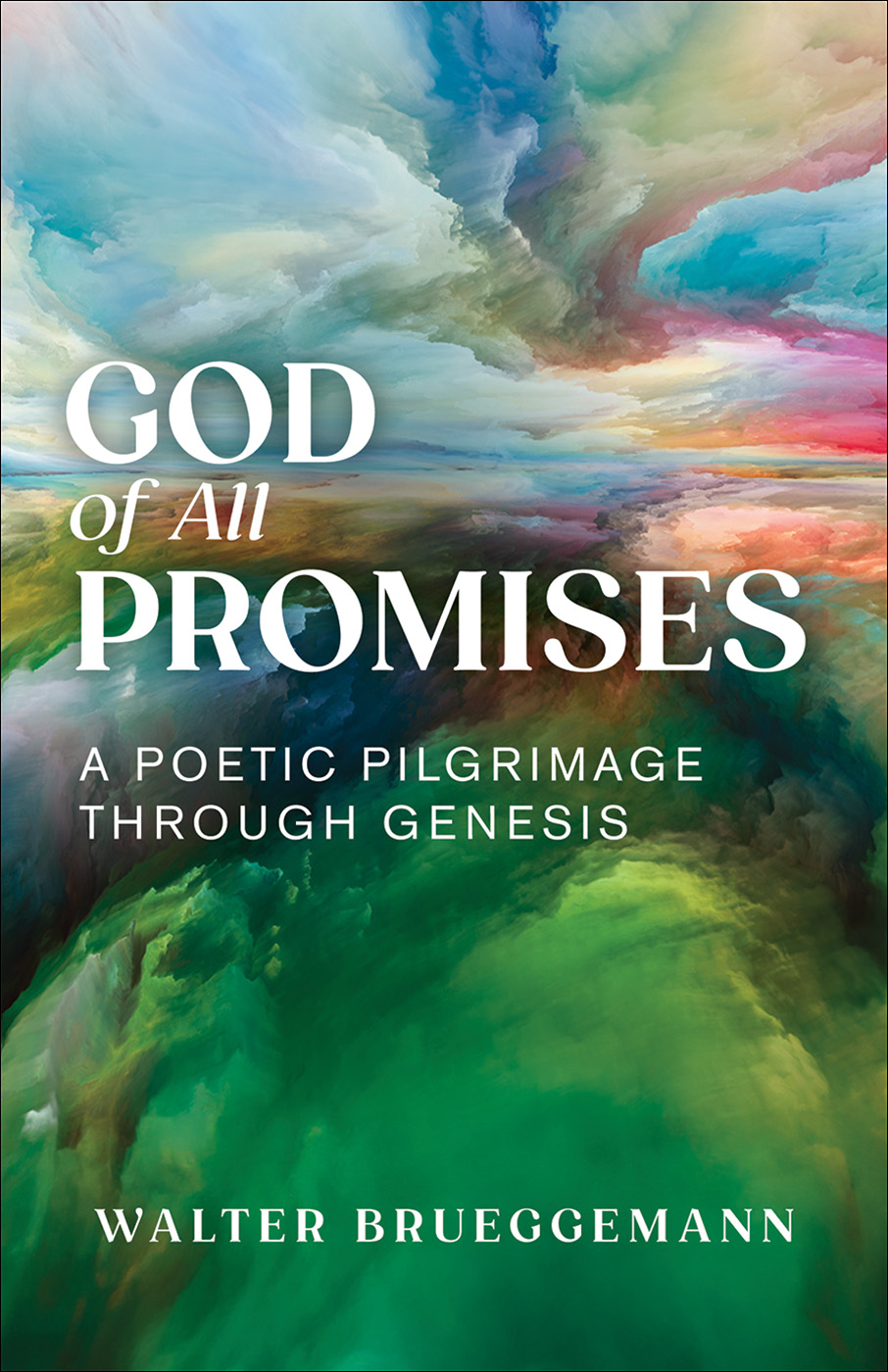Televangelist Pat Robertson stirred up controversy recently when he suggested it would be permissible to divorce a spouse with Alzheimer’s to marry another, as long as the ill partner was provided for. When questioned about how this fit with his views on Christian wedding vows, he responded, “If you respect that vow, you say ‘till death do we part.’ [Alzheimer’s] is a kind of death.”
I suspect a certain assumption -- not an uncommon one -- behind Robertson’s comment: what makes us fully “persons” and our lives worth living is our cognitive understanding of ourselves and our stories. But Christians and leaders of Christian communities should know better. The assumption doesn’t match up with how God has created and operates in the world. Our individual lives and stories do not end when we start to forget who we are.
The issue became personal to me this summer. In July I went to see the grandparents who raised me from infancy until the age of eight. Halfway through my visit, and for the first time in my life, my grandfather forgot who I was. In an instant I became a stranger to the man who taught me how to tie my shoes and to ride a bike. He is in the early stages of Alzheimer’s, and my grandmother is taking care of him. The experience left me disoriented and wondering who this man is now that he has forgotten me.
Looking to Scripture the answer became clear: he is still my grandfather.
Fundamental to the biblical witness is that we are known, loved and cared for by God, first (Ps 139; Jer 1:5; Gal 4:9 and so on). Life itself reflects this. We all start out as infants, known by our parents and families before we know them. To be known first, when we are not able to know, makes our lives possible.
The narrative of our lives -- which carries and conveys our personhood -- does not end because we start to forget it. This is true because it has never been just our own. It’s interwoven into the lives of others -- as wife or husband, son or daughter, grandson or neighbor or pastor. God has others around to carry us and to remember our stories when we no longer can; each of us becomes part of the narrative of others. And as Christians we confess our finite, connected stories to be taken up into the larger story of Christ.
Cognition does not define our personhood -- the sustaining life of God and God’s community does.
In this, faithfulness to a forgetful grandfather, who knows not what he does, becomes a reflection and a playing out of the faithfulness of God, through Christ, to a forgetful world that does not remember where it comes from, that it is loved, and that it is ultimately heading toward beautiful restoration.
This is something that even televangelists should try to remember.
David A. Steinbrenner is a graduate of Duke Divinity School and works in the Office of Postdoctoral Services at Duke University.







